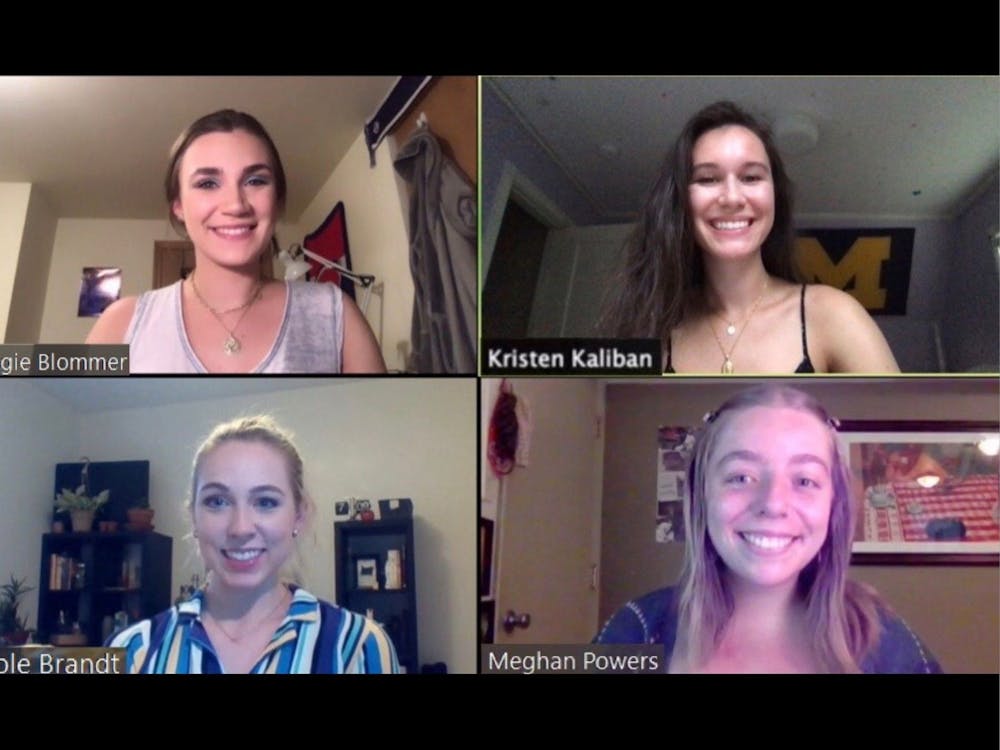Here at The Beacon, we believe that the news should strive for truth and accuracy, free of bias. If a piece of news fails to be true or accurate or unbiased, we recognize it for the #FakeNews it is.
News reporting should stick to the facts, plain and simple. And readers should be free to form their own opinions without a journalist trying to do it for them.
And yet, as a few thoughtful readers have pointed out, The Beacon sometimes publishes pieces with blatant bias. Take, for example, “The Beacon endorses Democratic presidential nominee Hillary Clinton,” or “The commons should extend their hours.” Neither of these even pretend to be bias-free. How hypocritical is that?
Not at all. Those are editorials.
An editorial isn’t #FakeNews. In fact, it’s not even news at all. It’s an opinion piece, and while readers can always expect a healthy dose of facts and journalistic integrity from an editorial, they should also expect a side of bonafide, organic, GMO-free opinions, fresh from The Beacon’s editorial board.
“But,” a thoughtful reader might ask, “why publish your opinions in the first place? Wouldn’t it be smarter to just stick to the facts, so as to not risk alienating your readership?”
For us, the appeal of an opinion piece is that it’s a two-way street. Regular news aims to inform a reader of plain truth, and doesn’t typically expect a response. Barring inaccuracies, you can’t exactly disagree with the facts.
But you can disagree with an opinion. In our editorials, we offer up our personal thoughts with the expectation — hope, even — that some of our readers will disagree.
You know that friend that just talks and talks, but when you interject to share your own thoughts, they tune out? Everybody knows and loathes that friend. And The Beacon has no interest in being that friend.
While sharing unbiased and accurate information is the core purpose of a news outlet, another purpose is to facilitate a community conversation about things that matter.
And here’s the best part: we label EVERYTHING. Wondering if something is a news story, an editorial or an opinion piece? There are lots of ways to check. Look at the headline. Does it say “letter to the editor”, “opinion” or “editorial” in there somewhere? You’re reading an opinion! Does it show up in the (clearly labeled) news section instead of the opinions section? Awesome! That article is 100% opinion-free.
We’re writing about this in jest, but labeling is wildly important in an era in which the president of The United States referred to the press as “the enemy of the American people”.
President Trump added fuel to the flames, but he didn’t start the fire. Many are skeptical of bias in news outlets because there is bias in news outlets. There’s nothing wrong with a news publication contributing thoughtful opinions and analysis to its content. However, when that content is not labeled correctly, many mistake it for a fact-based news article.
Beware of sites like Vox, Jezebel and Slate. They have thought-provoking and creative content, but unlike top-tier outlets like The Beacon, The Washington Post and The New York Times, analytical websites like those don’t always clearly differentiate between a straight news article, an analysis piece and an opinion.
We take pride in our news section. We produce unbiased content with journalistic integrity — we stand by our reporting. We are proud of the passion and diversity that appears in our opinion section. And we are proud to label it as such.
In our opinion section, we aim to provide a forum for responsible discourse. If our opinions prompt replies, then we’ve successfully engaged our community on a topic we care about. We want to hear your voices and your passions. Isn’t it fair that we share ours too?
Do you agree with us? Disagree? Have something to say about this? Voice your opinion in The Beacon.








